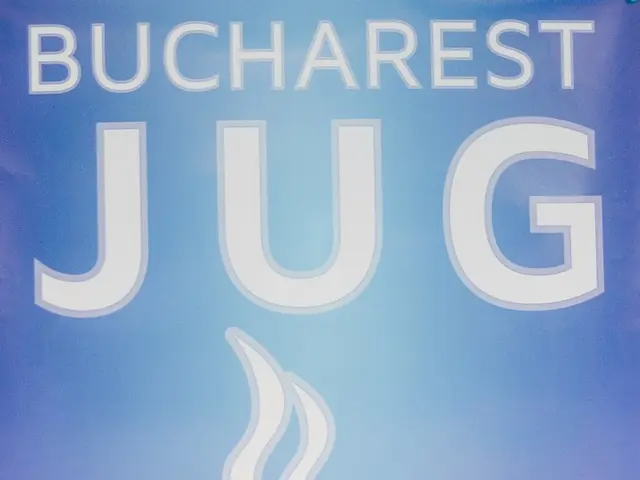Public funds used for election bribes
In a move aimed at boosting the city's economic environment, Mayor Peter Boch has proposed a reduction in the trade tax rate for businesses operating in Pforzheim. According to the proposal, the trade tax rate would be lowered from the current highest rate in Baden-Württemberg of 445 points to 440 points, if approved.
This reduction would result in significant savings for companies. For instance, a company with a million euros in annual profit currently pays around 152,000 euros in trade tax. With the proposed reduction, the company would save approximately 11,800 euros. If the trade tax rate were further reduced to 435 points, the savings would increase to around 13,500 euros.
Mayor Boch's proposal for a 5-point reduction in the trade tax rate is seen as a potential move to alleviate financial pressure on Pforzheim. However, the proposal comes amidst a proposed tightening of the city's budget, which may cause controversy. The proposed reduction may result in a yearly loss of over 2 million euros in the city's coffers.
The coalition of the city council factions of the CDU, FDP, and AfD has expressed support for a further 5% reduction in the trade tax rate. They argue that this reduction would help support local businesses, encourage investment, and promote job creation.
The proposed reduction in the trade tax rate is part of a broader German economic approach that favors tax reductions to foster employment and economic stability. This approach aligns with the historical "Rhineland Capitalism" model, which encourages compromises for business competitiveness.
However, the implications for Pforzheim's finances and businesses are not without concerns. Trade tax is a significant source of revenue for German municipalities, and a reduction could lead to a shortfall in municipal income. This could put pressure on the city budget and possibly affect public services or investments unless compensated by economic growth or subsidies.
The proposed reduction in the trade tax rate may also convey an image of ineffective financial management and a lack of understanding of how to truly support companies. A well-informed businessman in Pforzheim may question the wisdom of giving away money during a crisis. Nevertheless, the potential benefits of attracting new businesses and stimulating economic activity cannot be ignored.
In conclusion, the proposed trade tax reduction in Pforzheim is a significant step towards economic revitalization. The proposal reflects a broader German economic approach that aims to foster employment and economic stability. However, the implications for the city's finances and businesses require careful consideration and balancing of fiscal prudence with economic growth.
- The reduction in the trade tax rate could lead to significant savings for businesses, as a company with a million euros in annual profit might save around 11,800 euros under the proposed 5-point reduction.
- The proposed trade tax reduction is part of a broader German economic approach, which aims to foster employment and economic stability by favoring tax reductions.
- The coalition of CDU, FDP, and AfD city council factions has expressed support for a further 5% reduction in the trade tax rate, arguing that it would help support local businesses and promote job creation.
- However, the proposed reduction may result in a yearly loss of over 2 million euros in the city's coffers, potentially putting pressure on the city budget and affecting public services or investments.






